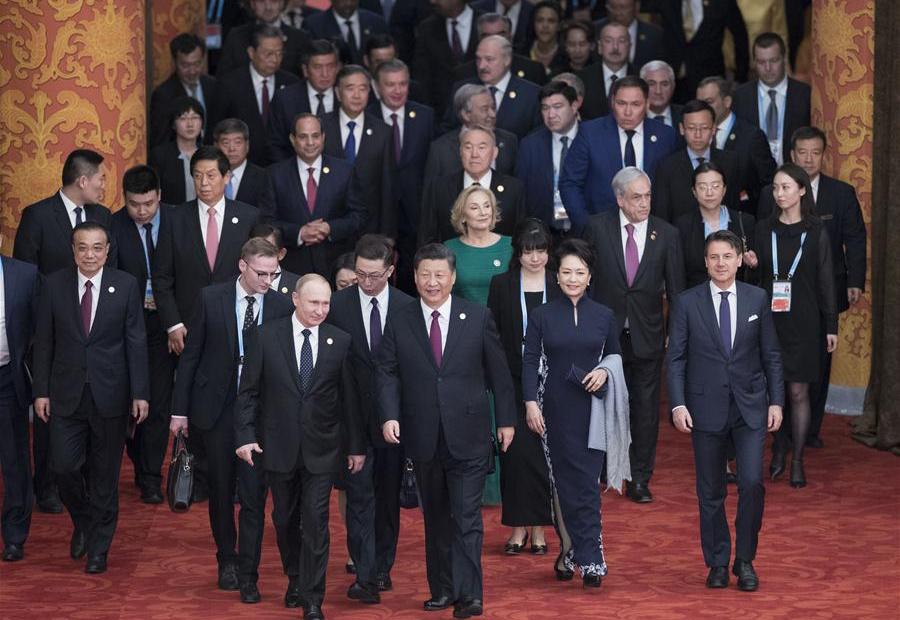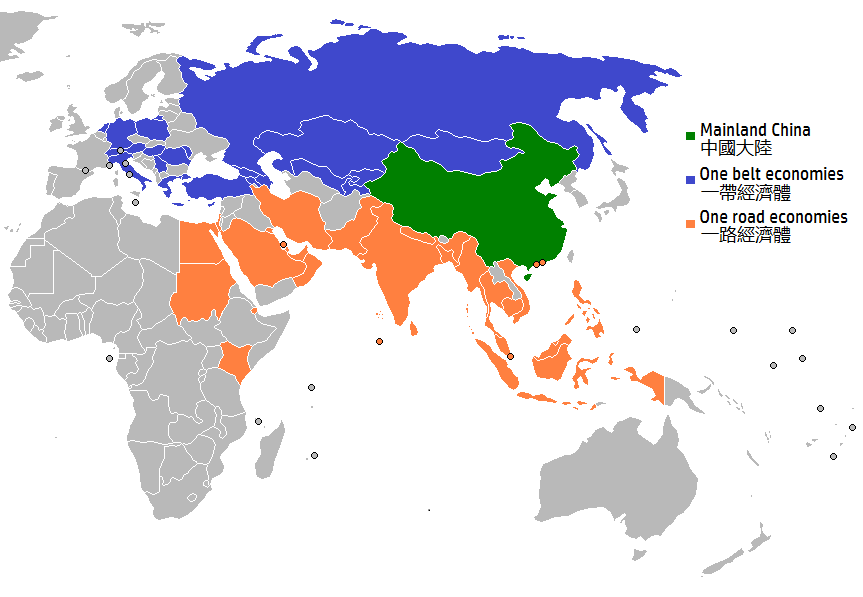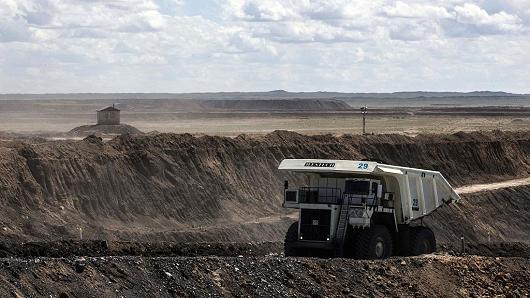
Richard Burchill, Director of Research and Engagement for TRENDS Research & Advisory, UAE
Jun 11, 2019
The Belt and Road Initiative is slowly evolving from a mere label describing various ad hoc projects into a formal institution. The Second Belt and Road Forum underscores progress in creating multilateral architecture.
Lucio Blanco Pitlo III, President of Philippine Association for Chinese Studies, and Research Fellow at Asia-Pacific Pathways to Progress Foundation
May 27, 2019
The second Belt and Road forum showed that despite persistent challenges, the initiative is an evolving one and will continue to gain international support. However, its success will depend on its ability to integrate and reconcile an increasing number of actors and interests.
Yasheng Huang, Professor, MIT’s Sloan School of Management
May 27, 2019
Critics often claim that China is using its massive “Belt and Road Initiative” as a form of coercive “debt-trap diplomacy” to exert control over the countries that join its transnational infrastructure investment scheme. This risk, as Deborah Brautigam of John Hopkins University recently noted, is often exaggerated by the media. In fact, the BRI may hold a different kind of risk – for China itself.
Teresa Kennedy, Master's student at Peking University's Yenching Academy in Beijing
May 17, 2019
It is impossible to predict the full environmental impact of the Belt and Road Initiative, so it is critical that Chinese authorities take full advantage of every opportunity to consciously build a greener Belt and Road.
Fu Mengzi, VP, China Institutes of Contemporary Int'l Relations
Zhang Jing, PhD student, China Institutes of Contemporary International Relations
May 14, 2019
Despite recent Belt and Road successes, including EU states joining, the China-led initiative still faces accusations of “debt-trap diplomacy.” The details of infrastructure projects in Sri Lanka and beyond, however, show that the Belt and Road is pushing for a new era of more equitable globalization based on “hard” and “soft” connectivity, without disrupting the existing rules and world order.

Ben Reynolds, Writer and Foreign Policy Analyst in New York
May 10, 2019
During the Second Belt and Road Initiative (BRI) Summit last month, the Chinese government notably shifted its focus and is now downplaying fears of debt encumbrance, corruption, and environmental degradation. But this should not distract us from the key fact that participation in the BRI continues to grow, including from traditional U.S. allies in Asia and Europe.

Peter Bittner, Lecturer, University of California, Berkeley
Jan 29, 2018
As President Khaltmaagin Battulga’s administration plans new multilateral infrastructure projects with China and Russia, it appears to be gradually shifting away from its "Third Neighbor" relationships, chief among them its relations with the United States.

Zhang Monan, Deputy Director of Institute of American and European Studies, CCIEE
May 19, 2017
Giving priority to important institutional innovations and rule-making will not only provide opportunities for promoting China’s industrial capacity cooperation and manufacturing upgrading, but also promote a new round of prosperity-oriented growth for global trade and new globalization.

Sajjad Ashraf, Former Adjunct Professor, National University of Singapore
May 18, 2017
Pakistan’s deep-sea port Gwadar, which the Chinese built and are now operating under a 40-year agreement, is a key part of China’s Belt and Road Initiative. The U.S. and India are looking at the Chinese initiative with skepticism, believing that the twin initiatives are meant more to secure China’s geo-strategic aims.

He Wenping, Senior Research Fellow, Charhar Institute and West Asia and Africa Studies Institute of the China Academy of Social Sciences
May 15, 2017
Africa pins high hopes on the Belt and Road Initiative to promote African industrialization and infrastructure construction, and to turn the 21st century into an era of African development. The priorities of Washington and Beijing could be in concert here, giving the US and China historic roles to play.